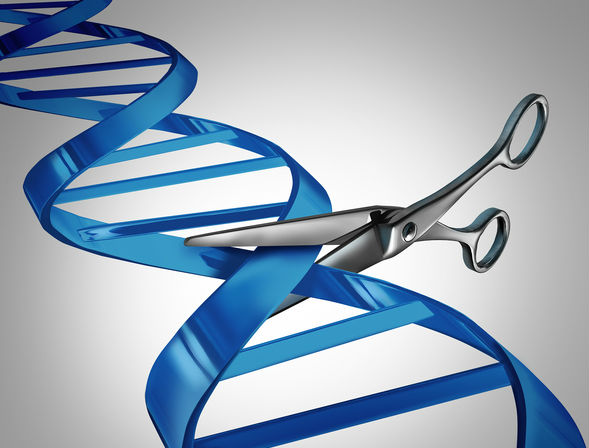
Caribou Biosciences’ 2025 outlook aimed for key trial readouts for two cancer cell therapies in the first half of the year and the start of clinical testing in an autoimmune disease. The CRISPR biotech is now shelving the autoimmune program and slashing staff in order to focus its resources and its finances on the two lead cancer programs, whose data readouts have been delayed to the second half of 2025.
The corporate restructuring will cut about 32% of Caribou’s staff, the Berkeley, California-based company announced after Thursday’s market close. Caribou’s headcount was 125 full-time employees as of March 1, the biotech’s annual report states. With the pipeline prioritization, Caribou expects the changes will enable the company’s capital to last into the second half of 2027, extending a prior projection by one year. Caribou reported a $212.5 million cash position as of the end of March.
Caribou is part of a group of biotechs developing allogeneic, or off-the-shelf, CAR T-therapies. The company, co-founded by Jennifer Doudna, the scientist who won a Nobel Prize for her CRISPR discoveries, uses CRISPR to edit T cells sourced from healthy donors. Those edits enable these one-time treatments to go after a disease target while also reducing the chances that a patient’s immune system rejects the engineered T cells. Challenges for all allogeneic cell therapy developers include achieving the same efficacy and durability as the first generation of cell therapies, which are made by engineering a patient’s own immune cells.
The two lead cancer programs are CB-010, a CD19-targeting cell therapy in development for B cell non-Hodgkin lymphoma, and CB-011, a BCMA-targeting cell therapy in development for multiple myeloma. Both are in Phase 1 development. In the announcement, Caribou said data for CB-010 so far show that a single dose “has the potential to drive outcomes that are on par with the safety, efficacy, and durability of approved autologous CAR T cell therapies.”
By delaying the data readout, both programs will be able to accrue more data from patients with longer follow up. For CB-010, the company also expects data from a proof-of-concept cohort in up to 10 patients who have relapsed following prior treatment with a CD19-targeted therapy.
“We recognize the challenges in the current market environment and believe the best approach is to present the most robust datasets for both programs,” Caribou President and CEO Rachel Haurwitz said in a prepared statement. “As a result, we now plan to disclose clinical data from CB-010 and CB-011 in the second half of this year.”
Cell therapies that target CD19 on B cells offer the opportunity to treat autoimmune diseases driven by those immune cells, and a growing number of companies are taking that strategy. Caribou is dropping out of that race. CB-010 was being readied for a Phase 1 test in lupus that was cleared to begin last year. The company is now discontinuing that clinical trial before dosing of the first patient.
Caribou’s cancer pipeline is also narrowing. A Phase 1 test of CB-012 in advanced acute myeloid leukemia has been discontinued. Caribou said it made this decision because the program needed additional data to advance, which would take time and resources away from the two lead cancer programs. However, patients already treated in the CB-012’s trial will continue to be evaluated in a long-term follow-up study. Caribou has also ended its preclinical research.
The restructuring is Caribou’s second in the past year. Last July, the company discontinued a preclinical program developing allogeneic cell therapies based on natural killer cells. The company said at the time the move would extend its cash runway and enable it to focus on its allogeneic CAR T-therapies.
On Friday, Caribou’s stock price opened at 87 cents. When Caribou went public an upsized $304 million IPO in 2021, it priced its shares at $17 each.
Illustration: wildpixel, Getty Images





